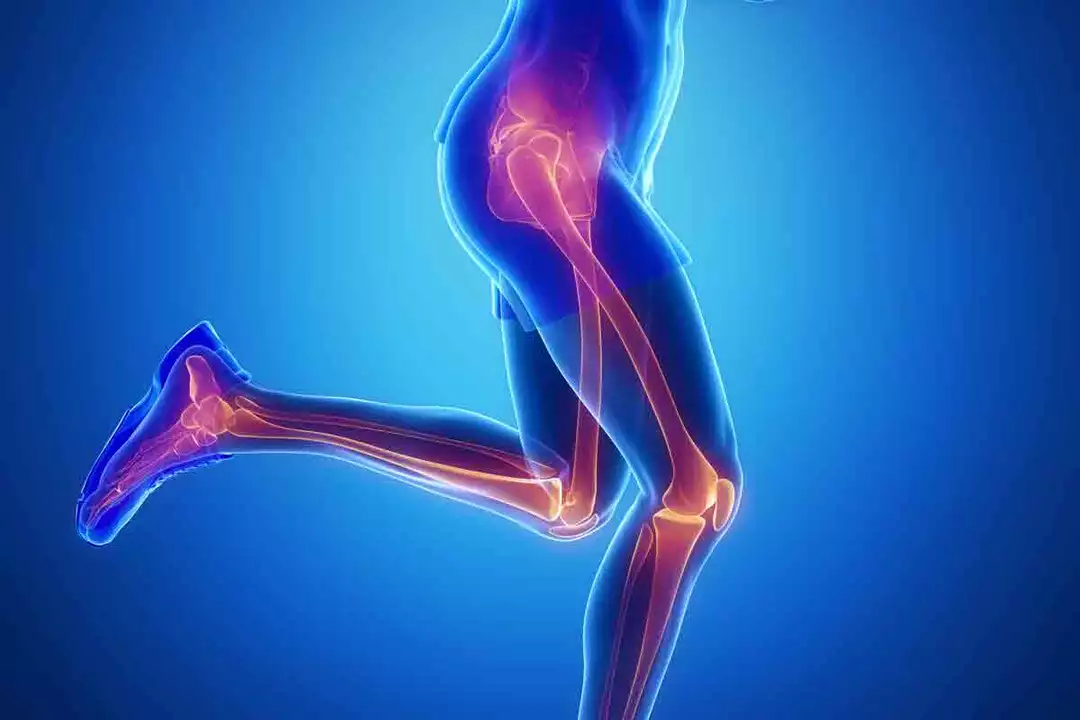Bone Health: What You Need to Know to Keep Your Bones Strong
Strong bones are the foundation for a healthy, active life. But did you know that your bones are constantly changing? They break down and rebuild, and what you eat and how you move can affect how healthy they stay. So, what’s the best way to keep your bones strong and avoid problems like fractures or osteoporosis as you age?
First off, calcium is a big deal. Your bones store most of your body's calcium, and getting enough through your diet is key. Dairy products like milk and yogurt are great sources, but if you're not into dairy, foods like leafy greens, almonds, and fortified plant milks can help. Don’t forget vitamin D—it helps your body absorb calcium better. Sunlight exposure and fatty fish like salmon can boost your vitamin D levels.
How Exercise Plays a Role
Moving your body is another way to strengthen your bones. Weight-bearing exercises like walking, jogging, or dancing encourage your bones to rebuild and stay dense. Strength training with weights or resistance bands also helps by increasing muscle mass, which puts good stress on your bones. The key is consistency—regular exercise is better than occasional bursts.
Watch Out for Bone Health Killers
Some habits hurt bone health more than you might expect. Smoking and heavy drinking interfere with bone-building cells and can lead to weaker bones. High salt intake also makes your body lose calcium faster. If you’re on certain medications or have a medical condition, chat with your doctor about bone health, since some treatments can impact bone density.
Keep an eye on your bone health, especially if you’ve got a family history of osteoporosis or if you’re going through menopause. Simple check-ups and, if needed, bone density tests can catch issues early before they become serious.
Getting enough calcium and vitamin D, staying active, and avoiding harmful habits can make a big difference in keeping your bones sturdy and your body moving well for years to come.
Canagliflozin and Bone Health: The Connection Between Diabetes and Osteoporosis
- Elliot Grove
- on Apr 27 2023
- 10 Comments
In my latest blog post, I explored the connection between Canagliflozin, a common medication for type 2 diabetes, and bone health, specifically focusing on the risk of osteoporosis. I discovered that Canagliflozin can potentially cause reduced bone mineral density and an increased risk of fractures in some patients. This is particularly concerning since individuals with diabetes already have a higher risk of developing osteoporosis. I also discussed the importance of maintaining a healthy lifestyle, including regular exercise and a balanced diet, to promote bone health and reduce the risk of fractures. Overall, it's crucial for those with diabetes to be aware of the potential impact of their medications on their bone health and to take necessary precautions to protect their bones.

